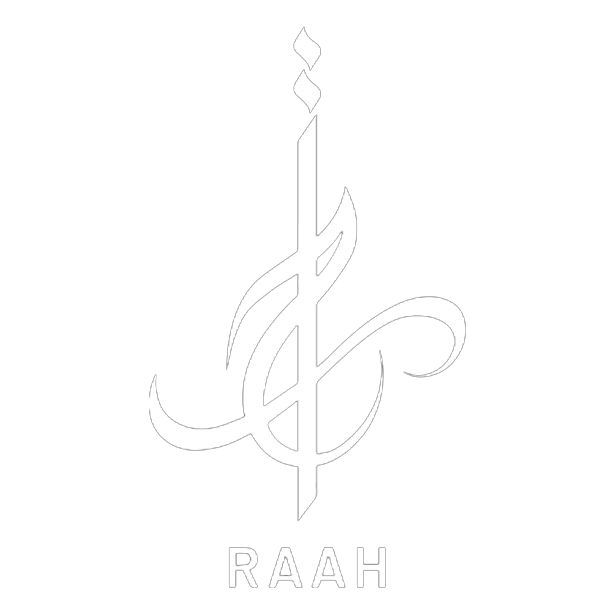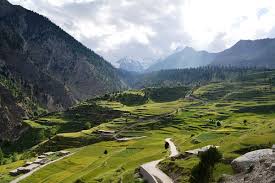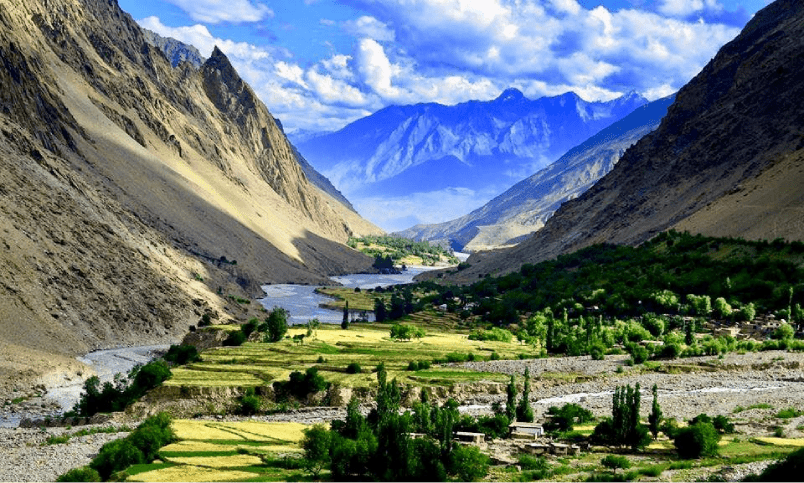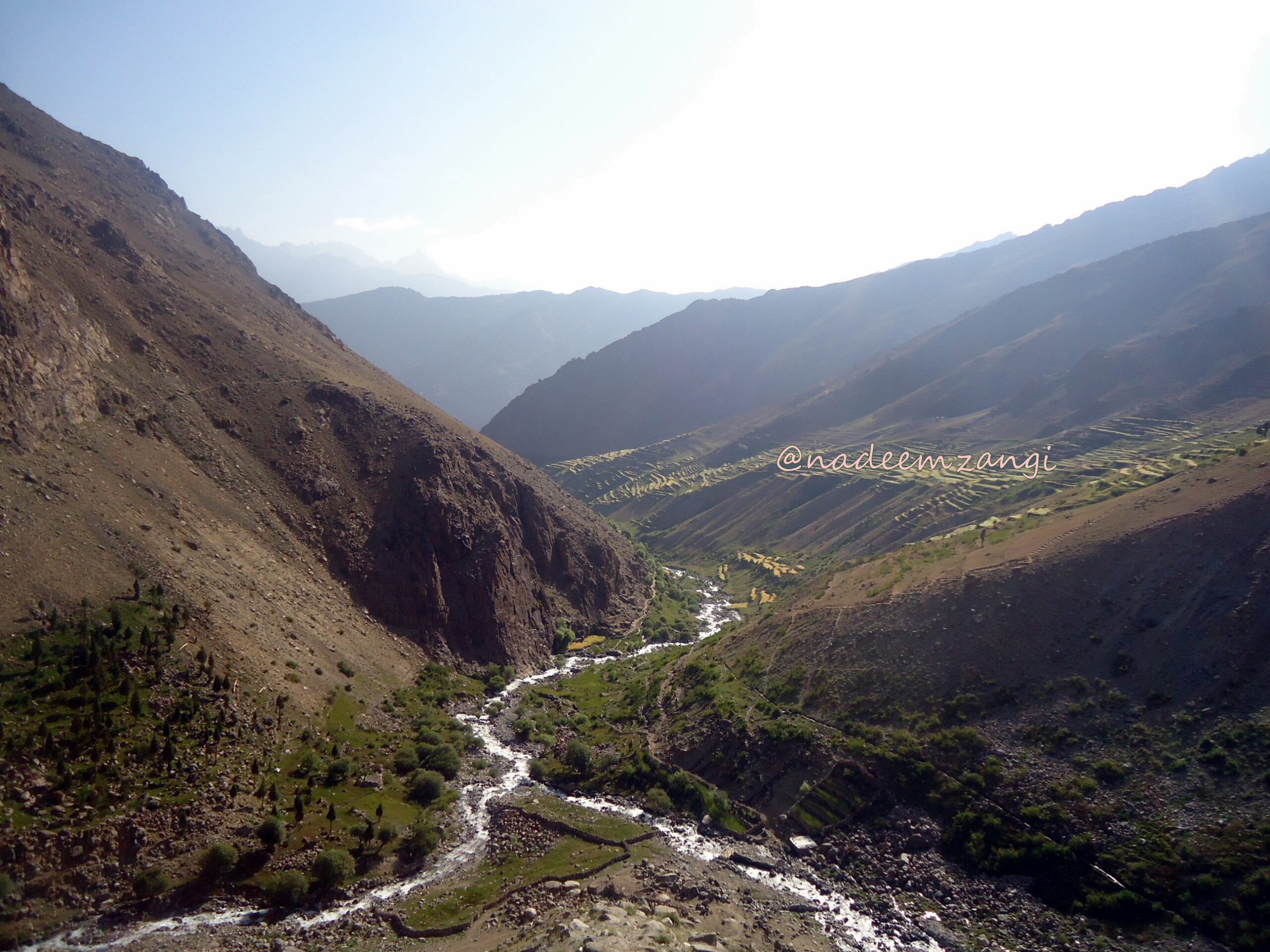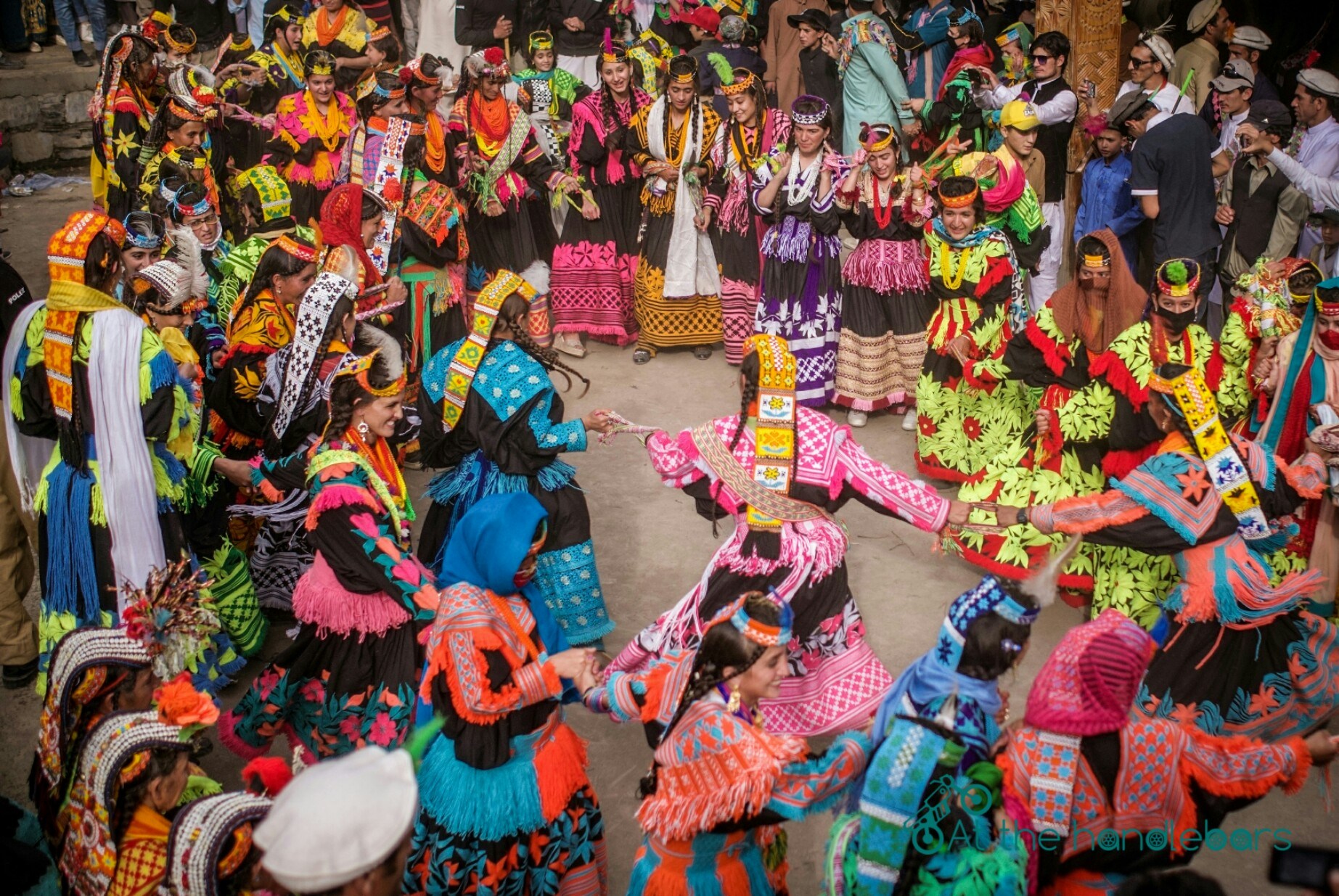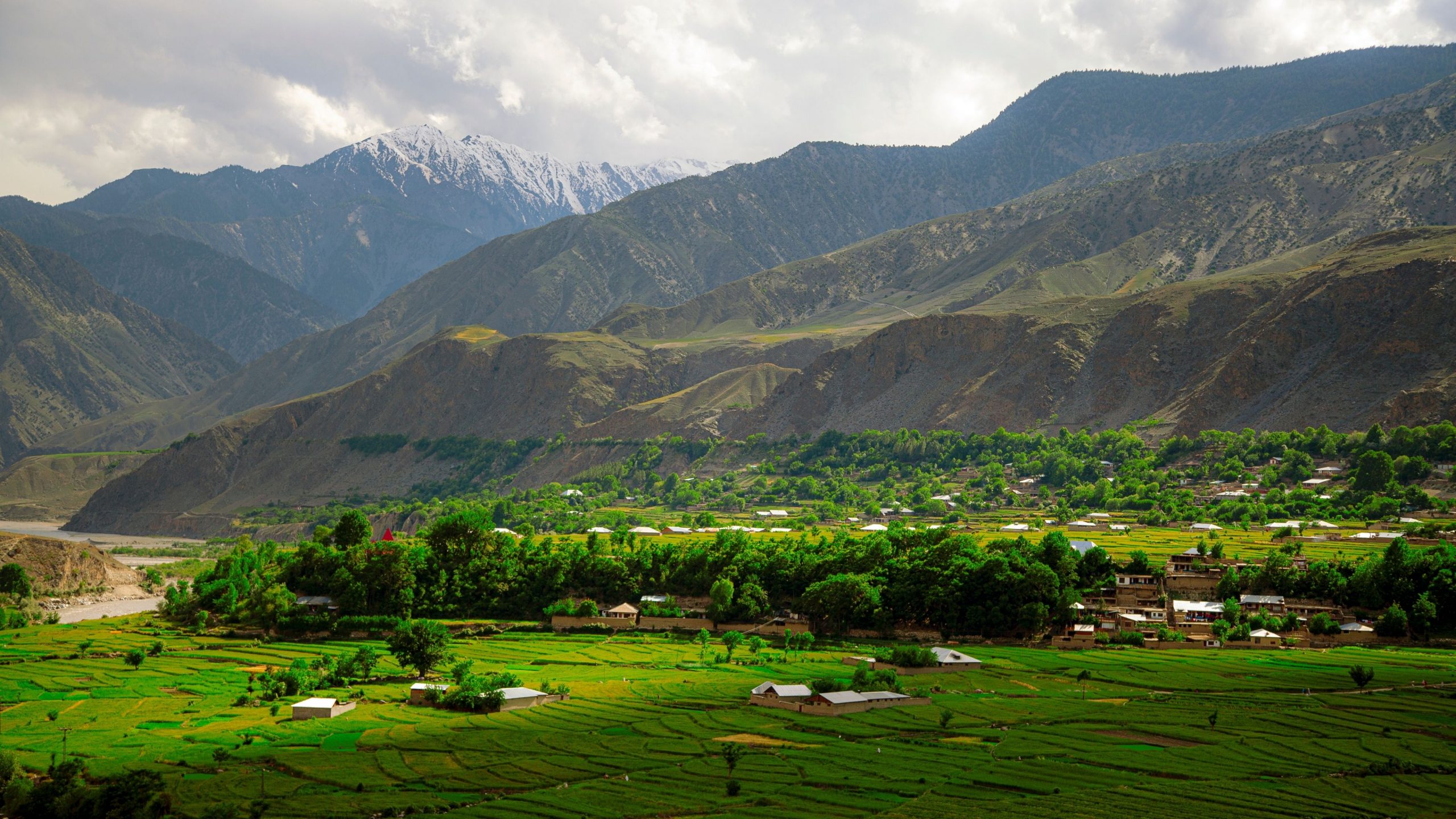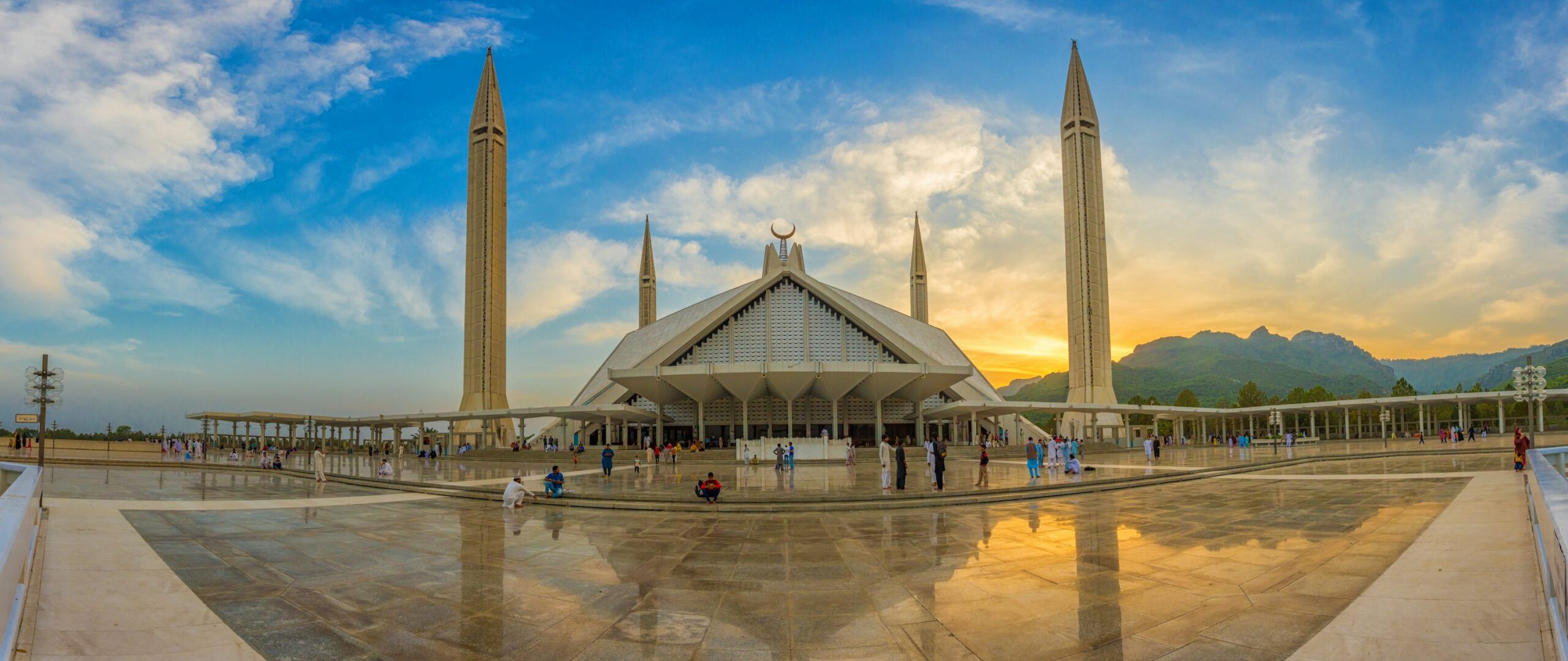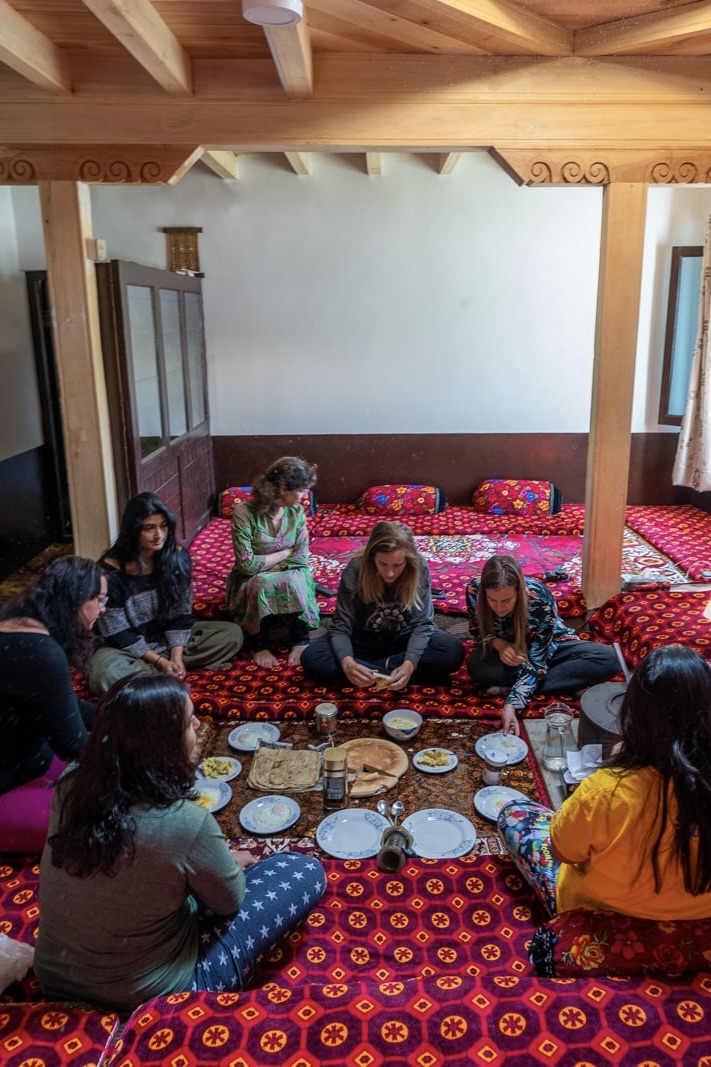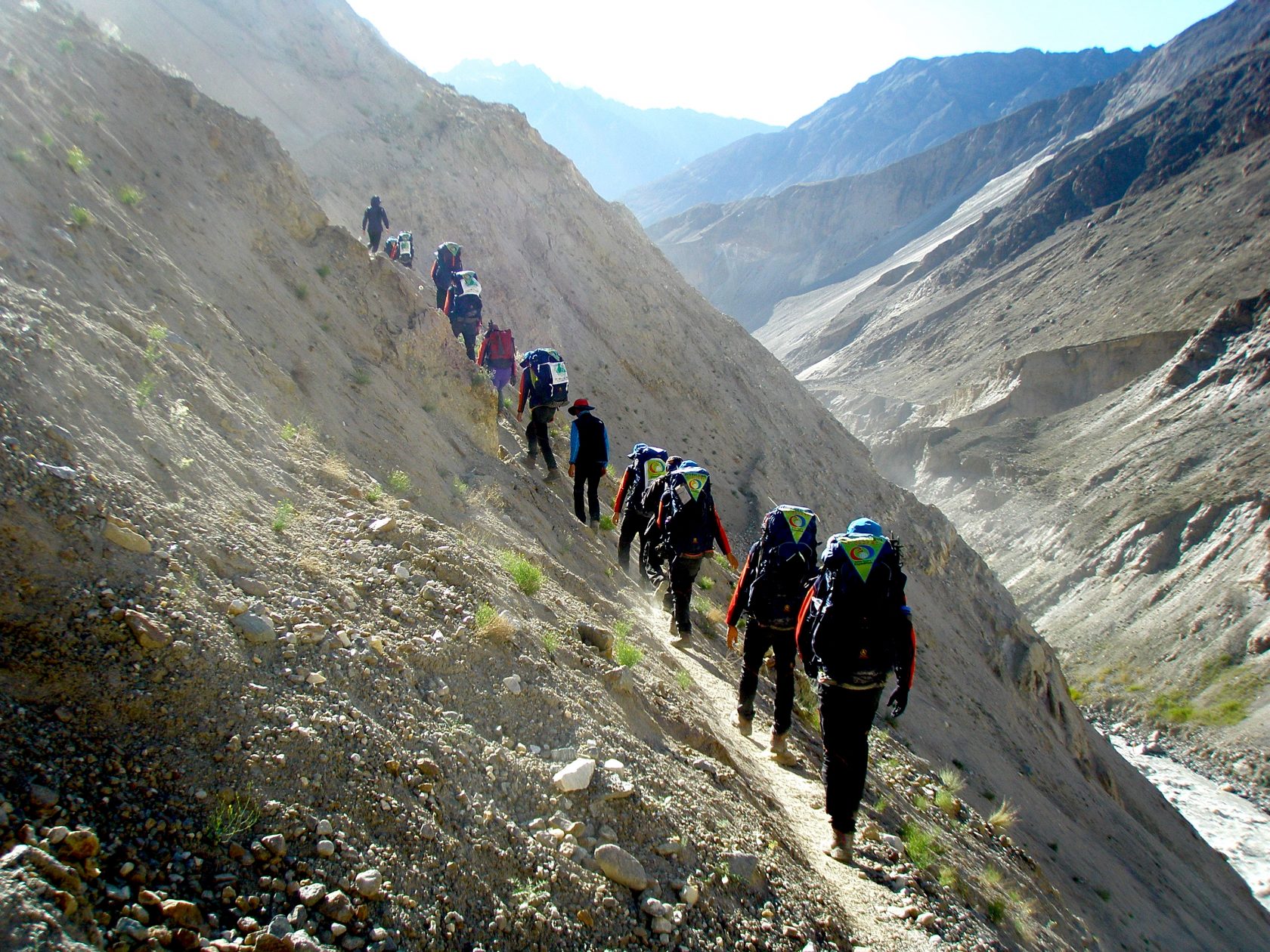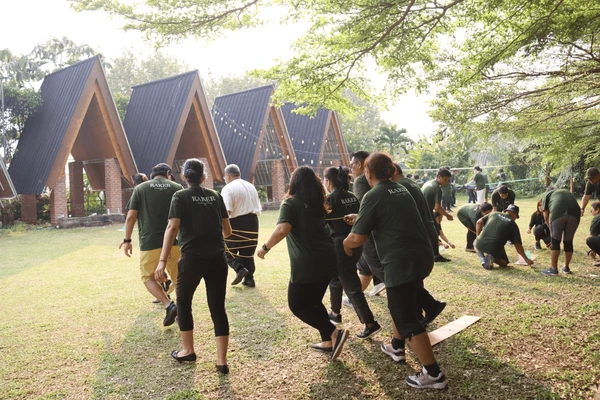- Echoes of Transformation: Nigeria’s evolving political landscape delivers significant updates, reshaping future trajectories and igniting international attention.
- Electoral Reforms and Their Impact
- Policy Shifts in Economic Management
- Diversifying Revenue Streams
- Addressing Infrastructure Deficits
- Evolving Socio-Political Dynamics
- International Relations and Regional Influence
Echoes of Transformation: Nigeria’s evolving political landscape delivers significant updates, reshaping future trajectories and igniting international attention.
The political landscape of Nigeria is undergoing a period of significant transformation, prompting keen observation both domestically and internationally. Recent developments, encompassing electoral reforms, shifts in governmental policy, and evolving socio-economic conditions, are all contributing to a dynamic and complex situation. Understanding these changes is crucial for anyone seeking to grasp the future trajectory of this influential African nation, as the current fluctuations in political events are setting the stage for future growth and stability; this influx of news signals a turning point.
Electoral Reforms and Their Impact
Nigeria has been actively pursuing electoral reforms aimed at enhancing the integrity and transparency of its democratic processes. These reforms include the implementation of biometric voter registration, the adoption of electronic voting systems in certain areas, and increased efforts to address electoral violence and malpractice. While challenges remain, these initiatives represent a positive step toward strengthening Nigeria’s democracy and ensuring that the voices of its citizens are accurately represented. These changes are not without their critics, however, with some raising concerns about the cost and effectiveness of these new systems.
The implementation of these reforms has had a demonstrable impact, though the extent of said impact is still being debated. The use of biometric data has significantly reduced instances of multiple voting, leading to a more accurate reflection of voter preferences. The introduction of electronic voting systems, while limited in scope, has streamlined the voting process and reduced the potential for human error. Continued vigilance and refinement of these methods will be essential in ensuring their long-term success and establishing a truly credible electoral process.
| Biometric Voter Registration | Nationwide | Data security, infrastructure limitations |
| Electronic Voting Systems | Pilot programs in select states | Cost, accessibility, technical expertise |
| Anti-Electoral Violence Measures | Ongoing efforts by security agencies | Political interference, deep-rooted social divisions |
Policy Shifts in Economic Management
Nigeria’s economic policies have seen significant adjustments in recent times, spurred by fluctuations in global oil prices and the need for diversification. The government has been actively promoting investment in non-oil sectors, such as agriculture, manufacturing, and technology, with the aim of reducing the nation’s dependence on crude oil exports. These efforts include tax incentives for businesses, infrastructure development projects, and policies designed to attract foreign investment. However, the impact of these policies has been mixed, as issues like corruption, infrastructure deficits, and bureaucratic hurdles continue to hamper economic growth.
A notable policy shift has been the increased focus on attracting foreign direct investment (FDI) in key sectors. The government has streamlined investment procedures, offered tax holidays, and established special economic zones designed to attract international capital. While FDI inflows have shown some improvement, they remain below potential due to lingering concerns about the ease of doing business and political stability. Further reforms are needed to address these concerns and create a more conducive investment climate, fostering broad economic growth that benefits all Nigerians.
Diversifying Revenue Streams
Recognizing the vulnerability of relying heavily on oil revenues, Nigeria is aggressively pursuing strategies to diversify its revenue streams. This includes investing in agricultural value chains, promoting tourism, and developing the country’s vast mineral resources. The agricultural sector, for example, has seen increased investment in irrigation infrastructure, fertilizer subsidies, and access to credit for farmers. This has led to a modest increase in agricultural output, but challenges remain in terms of storage, transportation, and market access. A significant focus is being placed on upgrading infrastructure and reducing post-harvest losses to maximize the impact of these investments.
The government is also actively exploring opportunities in the mining sector, which boasts significant deposits of minerals such as coal, iron ore, and tin. Efforts are underway to attract foreign investment in the mining industry and develop the necessary infrastructure to facilitate extraction and processing. However, environmental concerns and the need for sustainable mining practices remain paramount considerations, requiring careful planning and regulation. Ensuring responsible resource management is critical for maximizing the long-term benefits of these initiatives, avoiding the pitfalls of resource exploitation experienced in other countries.
Addressing Infrastructure Deficits
One of the most significant obstacles to Nigeria’s economic development is its substantial infrastructure deficit. This includes inadequate power supply, poor road networks, and limited access to reliable transportation systems. The government has launched several ambitious infrastructure projects, including the construction of new roads, railways, and power plants. However, these projects have often been plagued by delays, cost overruns, and allegations of corruption. A more efficient and transparent procurement process is crucial for ensuring that infrastructure projects are completed on time and within budget.
Investing in power generation and distribution is a top priority, as the lack of reliable electricity supply is a major constraint on businesses and economic activity. The government is exploring both conventional and renewable energy sources, including solar, hydro, and wind power, to diversify the country’s energy mix. Private sector participation is also being encouraged through public-private partnerships (PPPs) aimed at attracting investment and expertise in the power sector. Despite these efforts, significant challenges remain, including aging infrastructure, transmission losses, and the need for substantial investment in distribution networks.
Evolving Socio-Political Dynamics
Nigeria’s socio-political landscape is marked by a complex interplay of ethnic, religious, and regional interests. These dynamics often manifest in political competition, social tensions, and security challenges. Recent years have witnessed an increase in separatist movements, armed conflicts, and communal clashes, posing a threat to the country’s stability. Addressing these challenges requires a multi-faceted approach that includes promoting inclusivity, fostering dialogue, and strengthening law enforcement. A crucial aspect is addressing the root causes of conflict
The rise of social media has also played a significant role in shaping Nigeria’s socio-political discourse. Social media platforms have provided a space for citizens to express their opinions, mobilize for political action, and hold their leaders accountable. However, they have also been used to spread misinformation, incite hatred, and exacerbate social tensions. Combating the spread of fake news and promoting responsible online behavior is essential for safeguarding the integrity of public discourse.
- Promote national unity and inclusivity through dialogue.
- Strengthen law enforcement and security apparatus.
- Address root causes of conflict and inequality.
- Combat misinformation and promote responsible online behavior.
International Relations and Regional Influence
Nigeria plays a prominent role in regional affairs, serving as a key member of the Economic Community of West African States (ECOWAS) and the African Union (AU). The country has been actively involved in efforts to mediate conflicts, promote peace and security, and foster economic cooperation within the region. However, Nigeria’s influence has been tempered by its own internal challenges, including political instability and economic woes, alongside regional challenges and developing dynamics.
Nigeria’s relationship with major global powers, such as the United States, China, and Europe, is also evolving. These relationships are characterized by a combination of economic cooperation, security partnerships, and political dialogue. Nigeria is seeking to diversify its partnerships and leverage its strategic importance in the region to advance its national interests. Maintaining these relationships is critical for attracting investment, promoting trade, and addressing shared challenges such as terrorism and climate change.
- Strengthen regional partnerships through ECOWAS and the AU.
- Diversify international relationships with global powers.
- Promote trade and investment with key partners.
- Address shared challenges such as terrorism and climate change.
The ongoing transformations within Nigeria present both opportunities and challenges. The country’s commitment to electoral reforms, economic diversification, and regional engagement suggests a desire to build a more stable, prosperous, and influential future. However, overcoming the persistent challenges of corruption, infrastructure deficits, and socio-political tensions will require sustained effort, strong leadership, and the active participation of all stakeholders to reshape the nation’s destiny.
